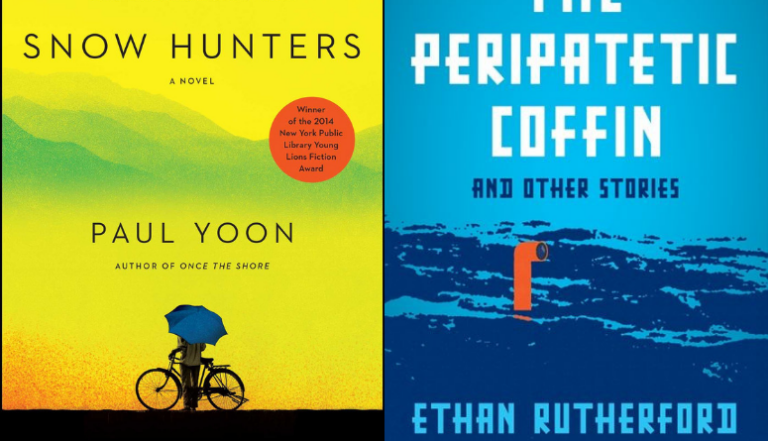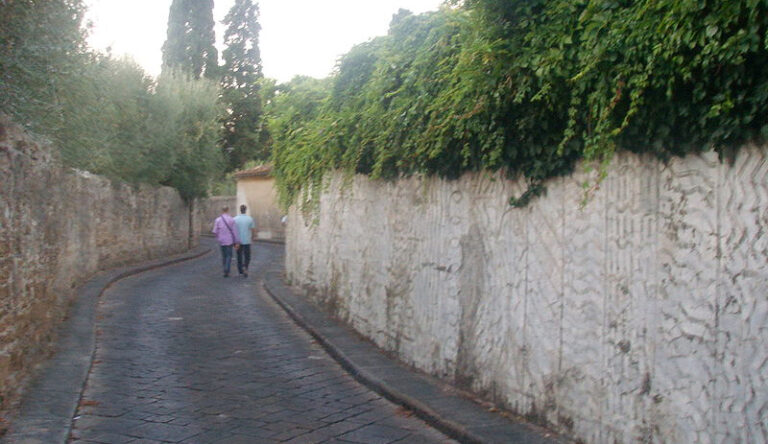The Poetry of Place: Origins
When I was a teenager I read T.S. Eliot and Ezra Pound obsessively. (And yet somehow managed not to have a girlfriend. Go figure.) Eliot and Pound might seem stodgy and academic to most but for me—growing up in Fresno, California—they represented a larger, better world. Ivy League schools. Travels abroad. Artistic and intellectual achievement. I wanted to uproot myself and escape to that world.
But what world? They were men without a place. Never quite at home in any country, they self-consciously adopted various English dialects and even different languages. Pounds’ Cantos are inscrutable without scholarly annotations, and though Eliot is a little less punishing he still seems like he’s going out of his way to alienate readers, especially in earlier poems like “The Wasteland.” Eliot and Pound were intellectual poets. Political and religious ideas came first for them, words second.
What’s the counter to this intellectual, placeless poetry? “No ideas but in things,” says William Carlos Williams, who lived most of his 79 years in his hometown of Rutherford, New Jersey. A few years ago Wendell Berry wrote a beautiful little book about Williams. Williams’ poetry, Berry says, takes its strength from a commitment to his home turf:
“To commit oneself to write in and about an American place that is not New York City and is therefore a ‘provincial’ place—especially perhaps for writers of Williams’ generation—was to be faced with a subject that was in a sense culturally unprecedented.”
Williams puts it best in his book Paterson:
Why should I move from this place
where I was born? knowing
how futile would be the search
for you in the multiplicity
of your debacle. The world spreads
for me like a flower opening — and
will close for me as might a rose —wither and fall to the ground
and rot and be drawn up
into a flower again. But you
never wither — but blossom
all about me. In that I forget
myself perpetually — in your
composition and decomposition
I find my . .despair!
Williams sees that the essence of a place (“you”) persists through its many shapes (the flower that blooms and dies and becomes a flower again). Williams’ fidelity to his home—his distinctly unromantic American environment—comes with the challenge of finding the persistent idea of a place in its constantly changing forms. He allows no ideas except those springing naturally from the close observation of things. If there’s a poetry of mindfully being present in the here and now, this is it. And why that final word, “despair”? Because serving as record keeper for an entire community, especially a community you love, is a tall order. It’s easy to put a party line or a religious creed into verse; those things were already made of words to begin with. But the challenge of turning all observed realities of your hometown into poetry is nothing short of heroic.
Poetry rooted in place can return us to our origins. In my little office in downtown Boston I keep a copy of the 100th issue of Zyzzyva, which I treasure because it contains the poem “Fresno County Library” by Michelle Patton. I was born in Fresno and have spent most of my life there. I’m especially drawn to one character Patton sketches quickly, a woman “carefully copying every word / from a book about Venice.” I recognize myself in this copyist. She wants to experience the world through words. She has no better option; perhaps she feels stuck and wants to escape. I would shake my head patronizingly except that I sense in this fictional character an innocent enjoyment of words that I know I once possessed myself. I don’t look down on her as I once looked down on myself, and that makes me more generously reassess both my old self and my hometown. I remember, in several senses, where I come from.
Over this coming year on the Ploughshares blog I’ll be looking closely at contemporary American poetry that engages with the sense of place. When a poet says,“I’m here!” I won’t ask “Who are you?” but “Where are you?”

